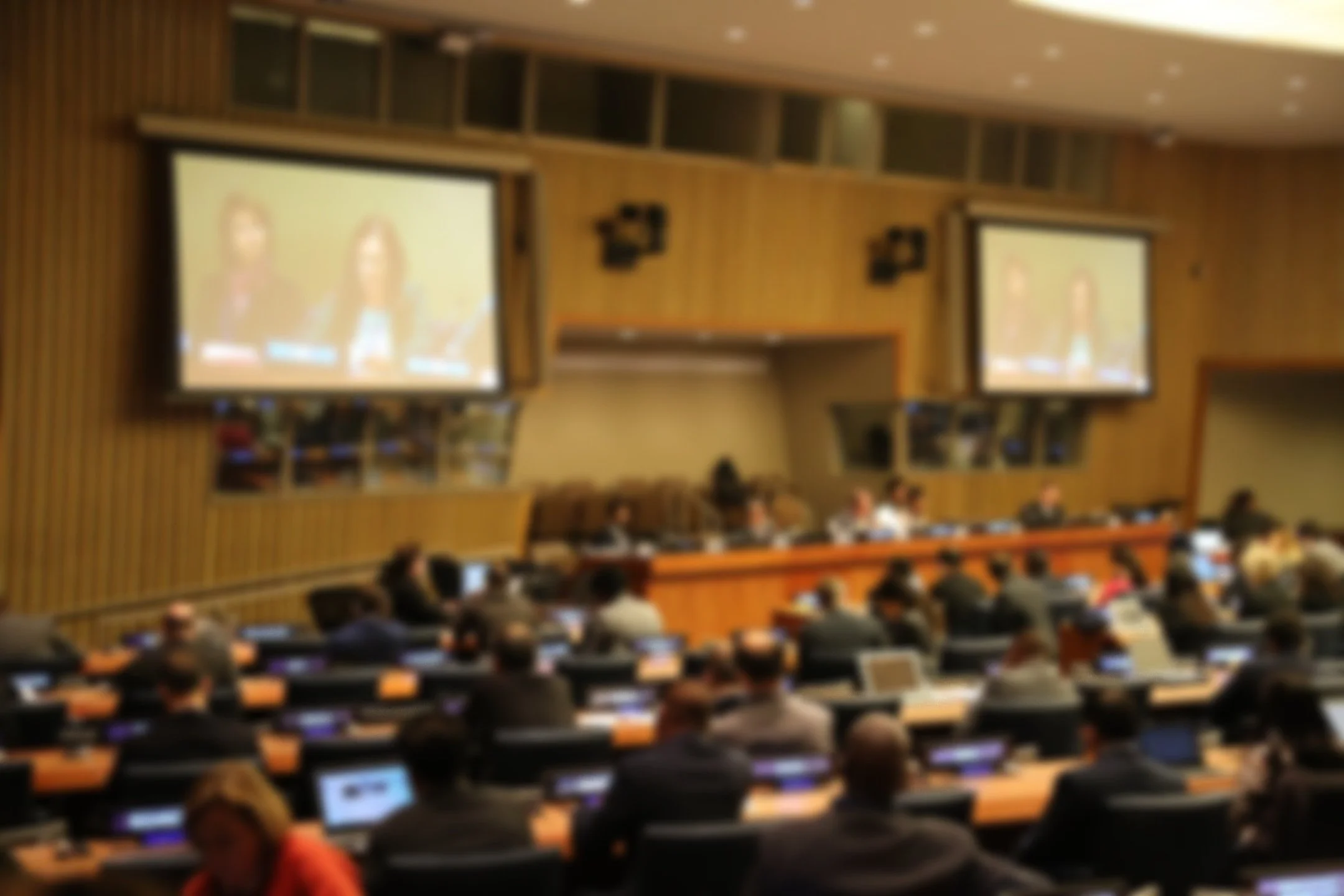UNICEF
Topics
Topic 1
Question The question of Safeguarding children’s data and privacy in an increasingly digital world.
Description Consider approaches to safeguarding children’s data and privacy in an increasingly digital world.
Topic 2
Question The question of addressing the impact of emerging digital technologies on children’s well-being.
Description Examine the impact of emerging digital technologies on children’s mental health and evaluate strategies to promote well-being.
Countries
-
A federal republic and global superpower, the U.S. plays a leading role in international diplomacy, defense (NATO), and economic institutions. Its politics are highly polarized domestically, but its foreign policy generally promotes liberal democratic values, human rights, and free trade.
-
India is a federal parliamentary democratic republic. Under Prime Minister Narendra Modi and the Bharatiya Janata Party (BJP), the government has faced criticism for policies perceived as discriminatory against minorities and for increased restrictions on press freedoms. Despite these concerns, India maintains a robust electoral democracy.
-
Nigeria is a federal republic and Africa's most populous country. It faces challenges like corruption, insurgency in the northeast, and ethnic tensions. Nigeria plays a significant role in regional politics and is a key player in African Union initiatives.
-
Brazil operates as a federal republic under a presidential system. President Luiz Inácio Lula da Silva, re-elected in 2022, emphasizes social inclusion and environmental protection. Brazil maintains a non-aligned foreign policy, balancing relations with Western countries and emerging powers like China and Russia.
-
The DRC is a republic with a bicameral legislature. President Félix Tshisekedi's administration has made limited progress on promised reforms to address systemic issues like violence, corruption, and impunity. Elections held in December 2023 faced delays in result announcements, reflecting ongoing governance challenges.
-
Yemen is torn by civil war between the Saudi-backed government and Iran-aligned Houthi rebels. The conflict has caused a major humanitarian crisis, with widespread famine and displacement. Political control is fragmented, and peace efforts have seen little progress, making Yemen a key issue in regional and international diplomacy.
-
Governed by Bashar al-Assad’s authoritarian regime, Syria has been in civil war since 2011. The country remains fragmented, with foreign powers involved and millions displaced. Syria faces international sanctions and is widely condemned for human rights violations and war crimes.
-
In August 2024, Prime Minister Sheikh Hasina's government was ousted following mass student-led protests. An interim government, led by Nobel laureate Muhammad Yunus, has pledged to hold national elections by December 2025. The political landscape remains tense, with former Prime Minister Khaleda Zia returning to Dhaka, adding pressure for timely elections.
-
A federal parliamentary republic with frequent political instability, Pakistan’s military continues to exert significant influence behind the scenes. It has complex relations with neighbors India and Afghanistan, and is a vocal advocate for Muslim causes, including the rights of Kashmiris and Palestinians.
-
Ethiopia is a federal parliamentary republic based on ethnic federalism. Prime Minister Abiy Ahmed's government has faced significant internal conflicts, notably the Tigray conflict, leading to humanitarian crises. Efforts toward political reforms continue amid challenges to national unity.
-
A unitary republic led by President Volodymyr Zelenskyy, Ukraine has become a symbol of resistance following Russia’s 2022 invasion. It is seeking EU and NATO membership, has rallied global diplomatic and military support, and is at the center of the current European security crisis.
-
A democratic republic with a presidential system, the Philippines faces ongoing issues with corruption, internal insurgencies, and human rights criticisms, especially from past administrations. It maintains strong U.S. ties but is also navigating increasing pressure from China in the South China Sea.
-
A federal parliamentary republic facing instability due to terrorism (notably Al-Shabaab), clan-based politics, and weak central governance. Efforts toward stabilization continue with international support, but the political situation remains fragile, affecting its global diplomatic engagement.
-
The world’s youngest country, South Sudan gained independence from Sudan in 2011 but has since been plagued by civil war and political instability. It is governed by a fragile power-sharing agreement and remains heavily reliant on international aid and peacekeeping.
-
A constitutional monarchy with a parliamentary system, the UK is a permanent UNSC member and global diplomatic power. Post-Brexit, it seeks to redefine its international role, supporting NATO and Ukraine while navigating domestic political fragmentation.
-
Since the Taliban's takeover in August 2021, Afghanistan has been governed as the Islamic Emirate of Afghanistan. The Taliban's regime lacks international recognition and has imposed strict interpretations of Sharia law, significantly restricting women's rights and suppressing dissent. The political structure remains undefined, with the Taliban leader exercising unchecked authority.
-
An authoritarian regime under Nicolás Maduro, Venezuela is in a political and economic crisis, facing sanctions and international isolation. It is supported by a few allies like Russia and China, while much of the West and regional neighbors back opposition leader Juan Guaidó as the legitimate president.
-
China is a single-party state governed by the Communist Party of China (CPC), with President Xi Jinping consolidating significant power. The government maintains strict control over political expression, media, and civil society. China's foreign policy emphasizes sovereignty and non-interference, often clashing with Western nations on human rights issues.
-
France is a semi-presidential republic with a history of political stability. However, the 2024 legislative elections resulted in a hung parliament, leading to governmental instability. President Emmanuel Macron's administration faces challenges in forming a stable government amid a fragmented political landscape.
-
A constitutional monarchy with a strong parliamentary democracy, Norway is known for its commitment to human rights, peacebuilding, and sustainable development. It plays an active role in international mediation and development aid, often aligning with Western liberal values in multilateral institutions.

